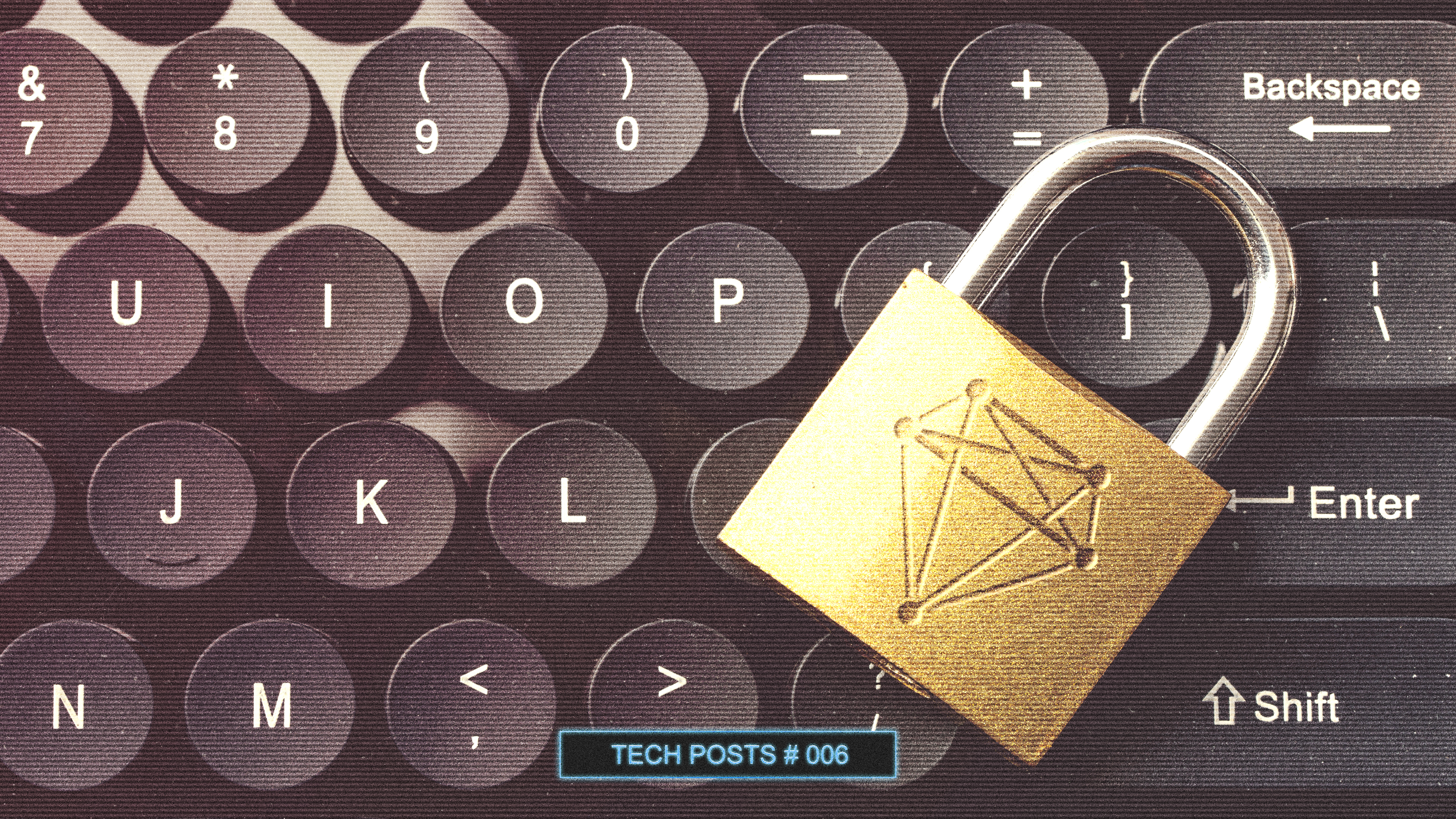- This article was first published in LinkedIn on October 11, 2015 https://www.linkedin.com/pulse/scalable-blockchain-based-data-security-roberto-capodieci/
DeBuNe’s technology combines security, privacy, and scalability, thanks to the implementation of private blockchain systems. Such systems, only requiring computers running a blockchain client (nodes), provide a virtually unbreakable security protocol, while making the scaling-up process as easy as adding supplementary nodes.
Scalable Data Security
So far, most of the solutions proposed to keep networked data safe (VPN, Kerberos, SSL/TLS, DB encryption) are theoretically secure enough to prevent unwanted access. Their performance, though, widely vary depending of their implementation, and security decreases as a system’s gains complexity.
Unfortunately, as the volume of data to protect is always expanding, today’s secure networks and data storage are high complexity, multi-layered, resource-heavy infrastructure.
Blockchain-based networks provide extensive security measures coupled to lightweight infrastructure requirements. These benefits are made possible by heavily relying on three key aspects: digital IDs, encryption, and distribution.
Encrypted data and processes stored and/or distributed through a blockchain are natively:
- Readable exclusively by authorised parties (through encryption).
- Fully traceable and verifiable by authorised parties (through blockchain audit trails).
- Increasing in availability along with the number of nodes in the network (data replication and distribution)
- Self consolidating (P2P network of distributed data)
- Virtually impossible to steal or alter (thanks to encryption and replication)
This level of security is achieved via a network of nodes, each running their own resource-efficient client, and each participating in the data processing.
Scaling up is thus as easy as deploying the client on supplementary nodes.
Digital data access
Digital data access control is everything but a new concept, and UNIX systems have been integrating native solutions since the late 1960’s. But the cunning of digital thieves combined to the increasing accessibility to sensitive data (cloud storage) have lead to a still ongoing arm race.
Numerous thefts of sensitive digital data from major actors of the IT industry, have put the topic of data security back on the table as a source or worries.
This trend has lead many to believe that secure solutions cannot be both lightweight and scalable as a general rule.
Blockchain networks as distributed, encrypted data management.
Blockchain-based network now provide a solid approach to delivering data protection systems that are not only easily scalable, but also lightweight and resource efficient. These benefits are made possible thanks to distribution and encryption.
Distribution:
Data storage and access are traditionally managed and processed from a single server or ensemble of servers. This centralised architecture type lets clients connect to the servers without contributing any processing power.
Blockchain based networks use the opposite approach, and this can be seen as a distributed database: no centralised server is used, and the data management is shared between all the members (nodes) of the network.
This technique allows for an extremely solid infrastructure, where data and processes are replicated (and available as backups) as often as there are nodes in the network ready to host a copy. Since, to be considered valid, the same piece of data need to be consistent across the majority of the nodes, accidental or voluntary data alteration is virtually impossible.
Encryption:
The previous paragraph begs to the question: If the data stored in a blockchain is replicated on every node, is it still private?
It is, indeed, private: the data processed across a blockchain-based network can be encrypted with the latest, most trusted algorithms available.
Every piece of encrypted content transiting and being stored on the blockchain is only readable to its exclusive recipient. Other users may indeed ‘browse’ the blockchain, but its content will appear as random character blocks unless it is specifically addressed to the these users..
Further enforcing safety, a new entry in a blockchain will ultimately be encrypted with factors given by the previous entries’ encryption. In other words, it means that no data can be forcibly altered without invalidating the whole database. In such cases, the invalid database would, at any rate, repair itself based on frequent cross verification by the other nodes of the network.
In practice: safety meets scalability:
The blockchain developed by DeBuNe is by nature prone to customisations.
This means that clients can be fitted to the exact needs of their network, to accommodate their current infrastructure without disturbing data management policies and work habits.

